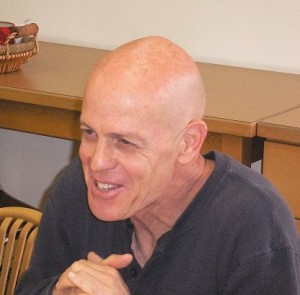The Gush-Emunim movement has always been a major factor in forming the ideological foundation of the West-Bank settlements concept and was a key contributor toward achieving this goal:
Written By Prof. Gideon Aran
 Gush-Emunim helped forge some of the settlement plans along the way, secure the necessary financial resources as well as the support of the Israeli establishment and the Israeli public, organize and represent the settlers in front of the decision makers and even when it came to training the settlers and as well as motivating them – Gush-Emunim was there. However, the people behind Gush-Emunim weren’t the only ones responsible for this ambitious and decisive project.
Gush-Emunim helped forge some of the settlement plans along the way, secure the necessary financial resources as well as the support of the Israeli establishment and the Israeli public, organize and represent the settlers in front of the decision makers and even when it came to training the settlers and as well as motivating them – Gush-Emunim was there. However, the people behind Gush-Emunim weren’t the only ones responsible for this ambitious and decisive project.
Apart from Gush-Emunim there were other people and organizations working with or without Gush-Emunim in making the Judea and Samaria settlement dream come true: Among those responsible we ought to mention the Israeli governments that helped the settlers both officially as well as under the radar for many years. In addition, most of the people that were involved obviously followed their own financial or social interests: From building contractors to those looking to improve their quality of life.
The Haredim who settled in Beitar Illit, the Russian immigrants from Ariel or the Middle-East Jewish decedents who settled in some of the Gush Katif towns designated for further development didn’t necessarily possess the same exact political consciousness people from Gush-Emunim had. Moreover, they didn’t necessarily share their ideals and yet the GE block played a key role by providing the spirit and the energy they needed as well as the moral and practical leadership and also by serving as their de-facto representatives in front of the Israeli public and decision makers.
It was long before the GE has exhausted its own resources, and by that I mean their own “home court” settlers who identified with their ideology completely, that they have reached the conclusion according to which their success depends first and foremost on their ability to bestow their legacy upon the politicians, the public and the market forces.

